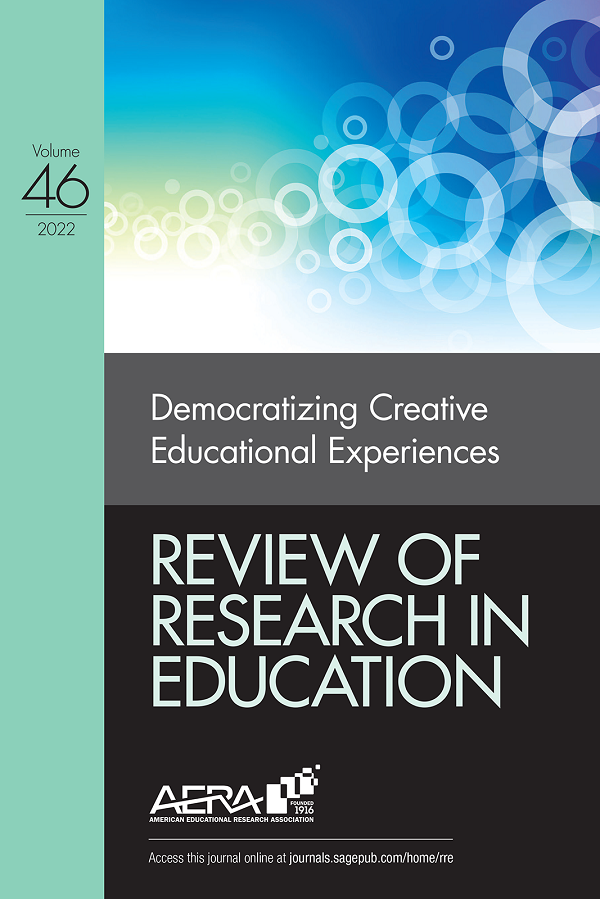Leveraging Students’ Communicative Repertoires as a Tool for Equitable Learning
IF 2.4
1区 教育学
Q1 EDUCATION & EDUCATIONAL RESEARCH
引用次数: 43
Abstract
Leveraging is often described as the process of using the home and community languages of children and youth as a tool to access the “academic” or “standard” varieties of languages valued in schools. In this vein, researchers have called on practitioners to leverage the stigmatized language practices of children and youth in schools for their academic development. In this review, we interrogate the notion of leveraging commonly used by language and literacy scholars. We consider what gets leveraged, whose practices get leveraged, when leveraging occurs, and whether or not leveraging leads to robust and transformative learning experiences that sustain the cultural and linguistic practices of children and youth in our schools, particularly for students of color. We review scholarship steeped in Vygotskian-inspired research on learning, culturally relevant and culturally sustaining pedagogies, and bilingual education research that forefront the notion that the language practices of children and youth are useful for mediating learning and development. We conclude with a discussion of classroom discourse analysis methods that we believe can provide documentation of transformative learning experiences that uncovers and examines the linguistic resources of students in our twenty-first-century classrooms, and to gain a common language around notions of leveraging in the field.利用学生的交际技能作为公平学习的工具
利用通常被描述为使用儿童和青年的家庭和社区语言作为获得学校重视的“学术”或“标准”语言的工具的过程。本着这种精神,研究人员呼吁从业者利用学校中儿童和青年的污名化语言实践来促进他们的学术发展。在这篇综述中,我们质疑了语言和识字学者常用的杠杆作用的概念。我们考虑什么被利用,谁的实践被利用,何时发生利用,以及利用是否会带来强有力的变革性学习体验,从而维持我们学校儿童和青年的文化和语言实践,特别是有色人种学生的文化和语言实践。我们回顾了维果茨基启发的关于学习、文化相关和文化可持续的教育学的研究,以及双语教育研究的学术成果,这些研究引领了儿童和青年的语言实践有助于调节学习和发展的观念。最后,我们讨论了课堂话语分析方法,我们认为这些方法可以提供变革性学习体验的文档,揭示和检查21世纪课堂上学生的语言资源,并围绕该领域的杠杆概念获得共同的语言。
本文章由计算机程序翻译,如有差异,请以英文原文为准。
求助全文
约1分钟内获得全文
求助全文
来源期刊

Review of Research in Education
EDUCATION & EDUCATIONAL RESEARCH-
CiteScore
15.70
自引率
0.00%
发文量
14
期刊介绍:
Review of Research in Education (RRE), published annually since 1973 (approximately 416 pp./volume year), provides an overview and descriptive analysis of selected topics of relevant research literature through critical and synthesizing essays. Articles are usually solicited for specific RRE issues. There may also be calls for papers. RRE promotes discussion and controversy about research problems in addition to pulling together and summarizing the work in a field.
 求助内容:
求助内容: 应助结果提醒方式:
应助结果提醒方式:


